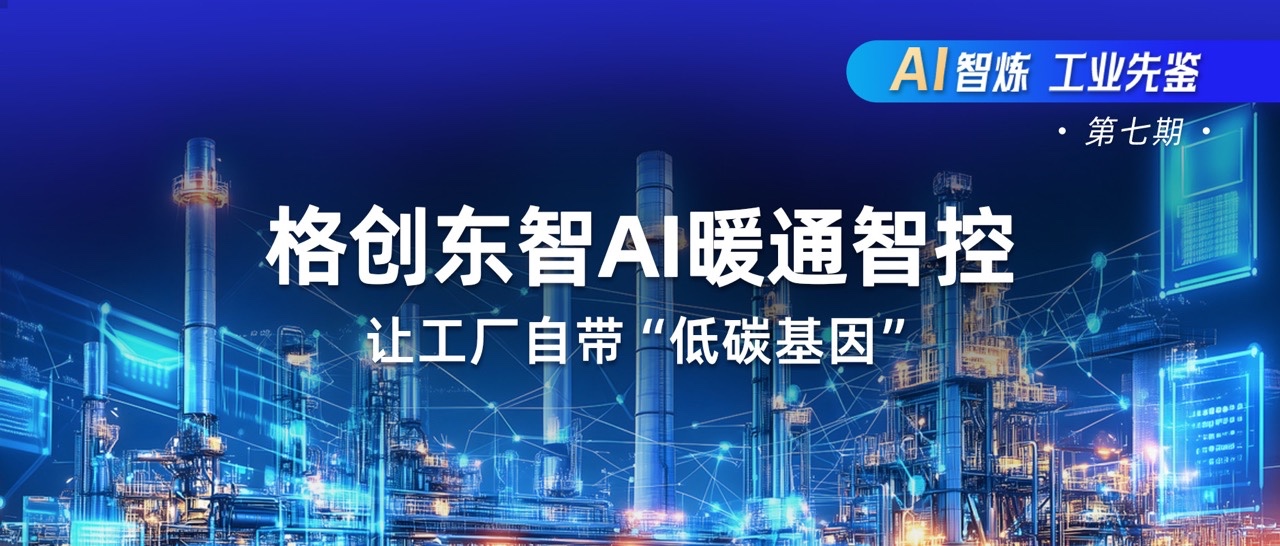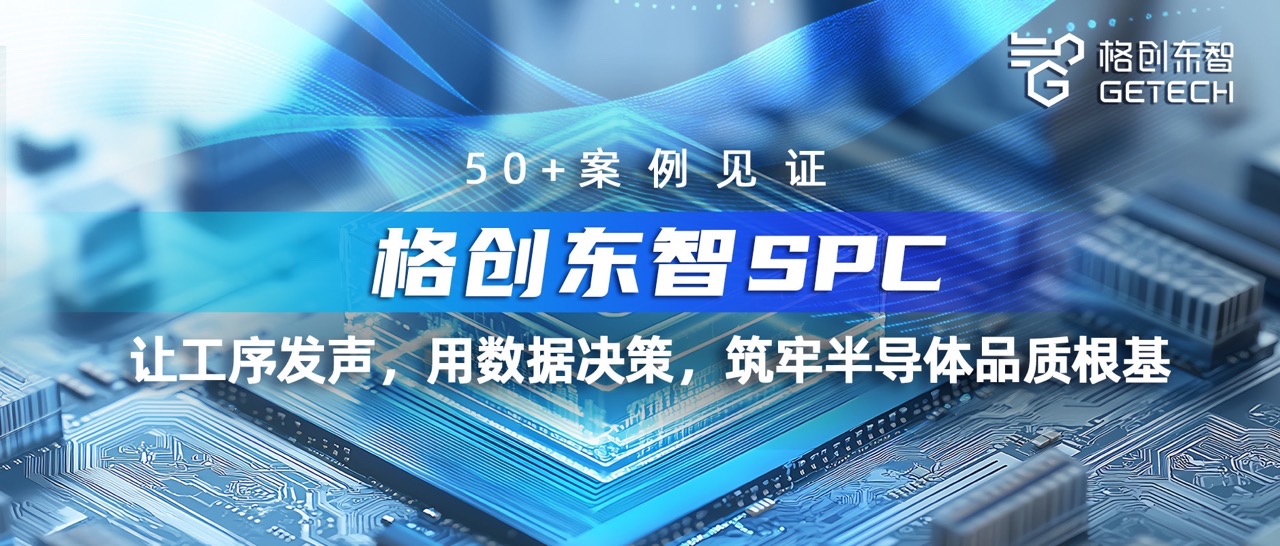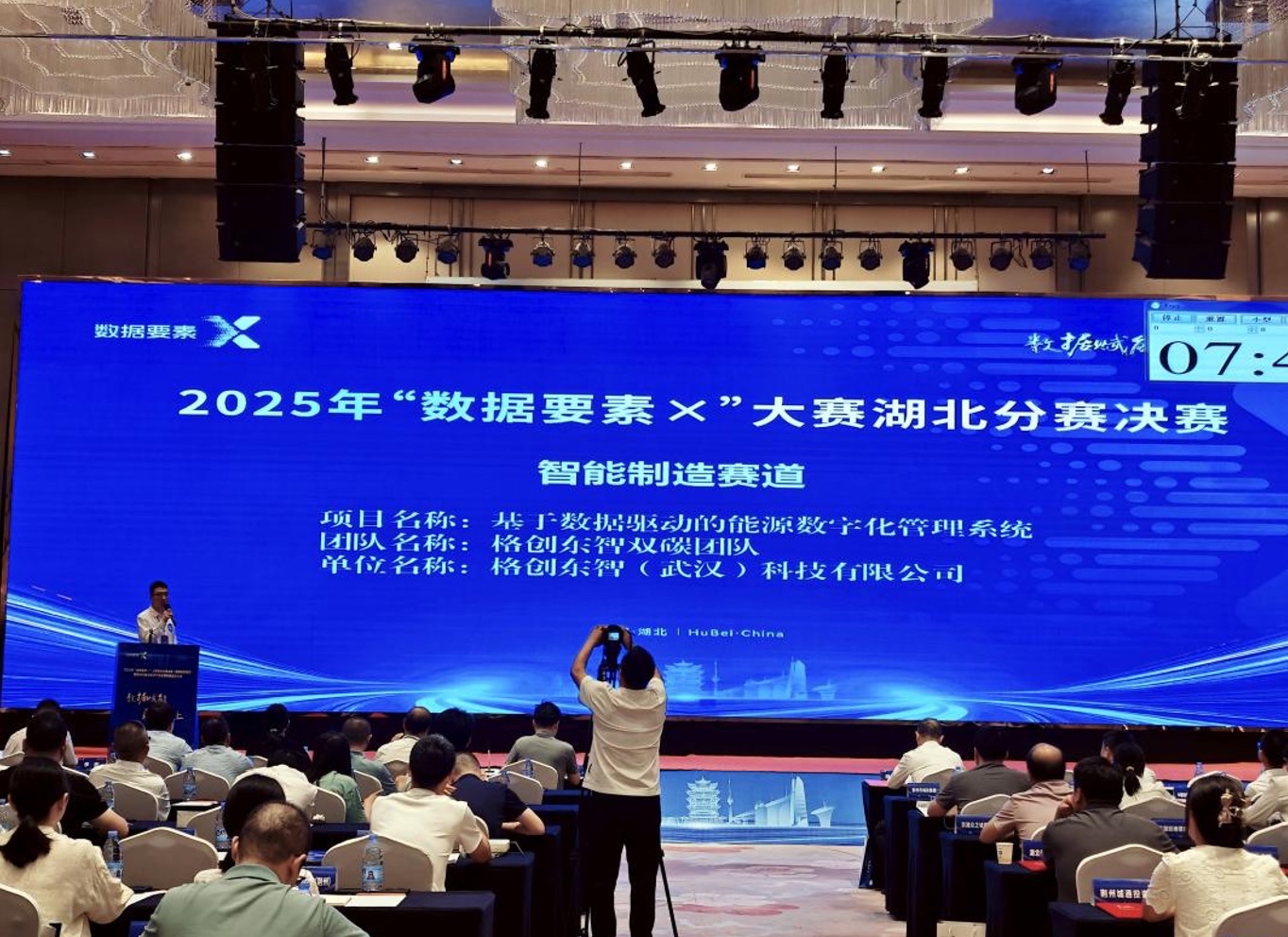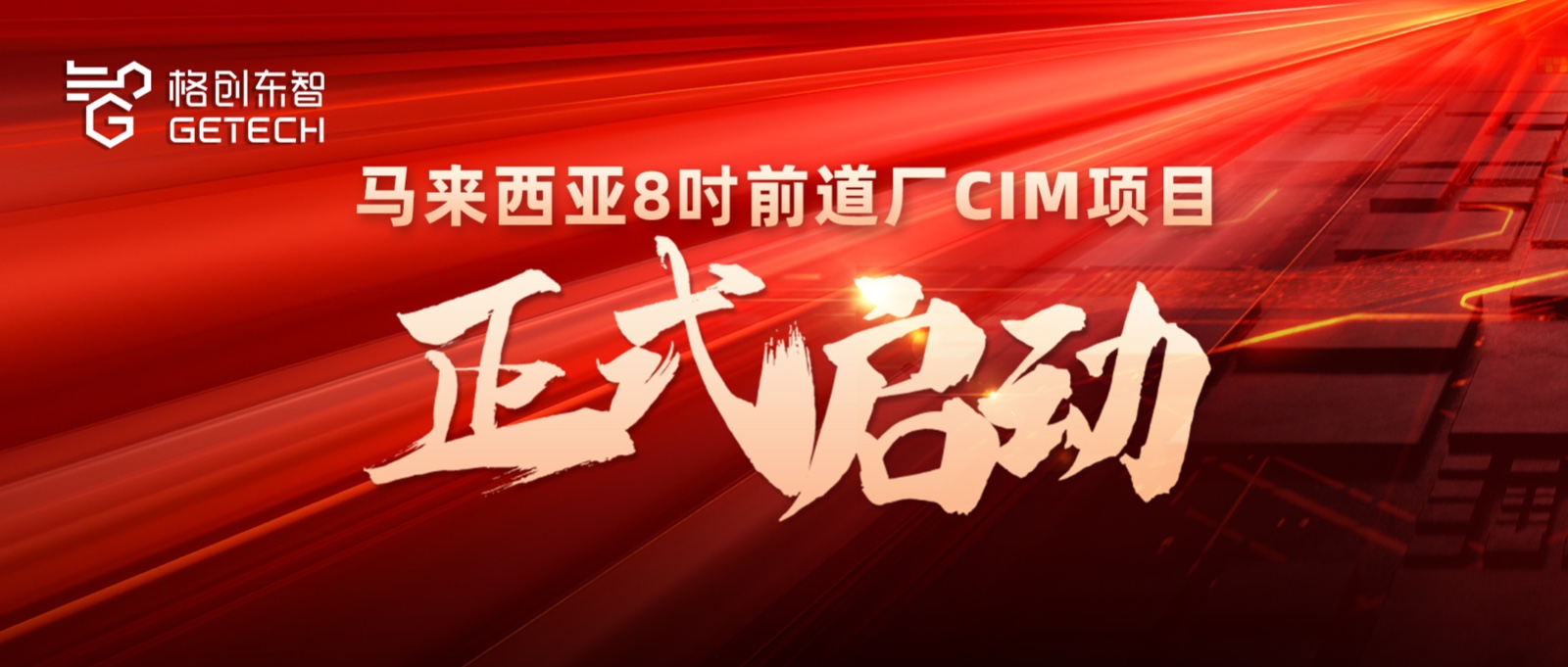"Exploring the Path 2022" is a year-end special feature by Titanium Media, a leading technology and finance media outlet in China, inviting top entrepreneurial leaders from various industries to review the changes and growth of the past year, discuss new logics, and look forward to 2022.
He Jun, Vice President of TCL Industrial Holdings Co., Ltd. and CEO of Gridsum Technology Co., Ltd., was invited as a corporate leader in the industrial internet industry to share industry insights.
Against the backdrop of domestic substitution and the development of a trusted innovation ecosystem, industrial internet platforms and industrial software are poised to usher in a new wave of development.
In 2018, "developing industrial internet platforms" was first included in the government work report, marking the beginning of a rapid development phase for the industry. Last year, three key themes stood out in the industrial internet sector—advanced security and industrial collaboration, vertical-first then generalized, and green, low-carbon industrial parks.
01
Advanced Security and Industrial Collaboration
First, "advanced security and industrial collaboration." In late December last year, the Central Cyberspace Affairs Commission released the "14th Five-Year Plan for National Informatization" (hereinafter referred to as the "Plan"). One of the ten key tasks outlined in the Plan is to foster an advanced and secure digital industrial system. Why is this so important? In the current context, digitalization has become a key driver of high-quality development. Breakthroughs in digital technology require digital industrialization, and during this process, a virtuous cycle ecosystem must be formed. Familiar examples like the Kunpeng cloud ecosystem and the domestic trusted innovation industrial ecosystem serve this goal.
For instance, the domestication of industrial software in the pan-semiconductor industry has directly spurred partners in the sector to jointly build an information technology ecosystem, accelerating the application of digital technology achievements in the real economy and empowering industrial chain security and high-quality growth. However, it is important to emphasize that the goal of industrial chain security is not merely domestication; its core lies in using digital thinking and tools to unleash and drive independent innovation in manufacturing.
In March 2021, Gridsum completed China’s first seamless core system domestication project for a semiconductor factory, accelerating the domestication of industrial software in the pan-semiconductor industry. In September 2021, Gridsum launched the "Pan-Semiconductor Pioneer Collaboration Initiative," partnering with collaborators to advance the digital transformation of the pan-semiconductor industry, empowering design, R&D, manufacturing, operations, and other aspects.
02
Vertical-First Then Generalized
Next is "vertical-first then generalized." As a pillar of the national economy, the industrial sector encompasses numerous vertical segments, each with significant differences in fundamentals such as manufacturing processes, production procedures, automation levels, network infrastructure, and digital thinking. Adopting a uniform standard system is not feasible, and there is a trend toward deepening expertise in key sub-sectors.
Gridsum’s industrial application intelligence platform focuses on specific frontline industrial production scenarios, transforming tacit manufacturing knowledge into specialized knowledge, process mechanisms, and models for particular scenarios. By using models to encapsulate vertical industry knowledge and experience, this approach not only helps enterprises optimize production and operational management processes and improve decision-making efficiency but also holds profound significance for strengthening the accumulation, transmission, and sharing of industrial technical knowledge.
Since its establishment, Gridsum has first concentrated on the pan-semiconductor and new energy industries, then continuously enhanced and optimized its capabilities in developing, deploying, and operating generalized industrial apps. To date, the platform has accumulated over 20,000 industrial models applicable to Chinese manufacturing and deployed more than 3,500 industrial apps.
03
Green, Low-Carbon Industrial Parks
The third key theme is "green, low-carbon industrial parks." Carbon peak and carbon neutrality have repeatedly appeared on the agendas of national leaders’ important meetings and discussions among various ministries. Encouraged by national and local policies, green, low-carbon industrial parks are set to become a distinctive feature of China’s new industrialization, and the industrial internet is gradually becoming an accelerator for these parks.
Gridsum leverages a new model of industrial internet platform plus industrial parks, using technological innovation to drive the construction of dual-carbon closed loops and the valorization of dual-carbon data, accelerating the digital and green transformation of manufacturing enterprises and industrial parks.
Gridsum has implemented projects in multiple industrial parks of a leading semiconductor enterprise, representing the largest dual-carbon project in the same industry in China. It helps customers achieve annual energy savings and carbon reduction of over 2%, reducing costs by tens of millions of yuan.
Conclusion
Looking ahead to 2022, new opportunities in the industry and Gridsum’s future development will focus on two aspects. On one hand, deepening digital empowerment in high-tech manufacturing. Having nearly four years of experience in the industrial internet sector, Gridsum will continue to position itself as TCL (Group)’s vanguard in digital transformation and smart manufacturing in 2022. Leveraging TCL’s over 40 years of advanced manufacturing experience, it will strategically empower the pan-semiconductor and new energy core industrial chains and their downstream terminal industrial chains.
On the other hand, aligning closely with policies on domestication, trusted innovation, and carbon peak and neutrality to drive industrial cost reduction and efficiency improvement, enhancing international competitiveness. The "14th Five-Year Plan for Digital Economy Development" identifies industries such as 5G, integrated circuits, new energy vehicles, artificial intelligence, and industrial internet as key focuses for digital economy development. Gridsum’s strategic direction is highly aligned with national and local government policy orientations, such as Shanghai’s increased financial support for major integrated circuit and software projects. Against the backdrop of domestic substitution and trusted innovation, industrial internet platforms and industrial software are bound to experience a new wave of development.
(This article was first published on Titanium Media App, with content presented in the first person by the interviewee, edited by Qin Conghui)





